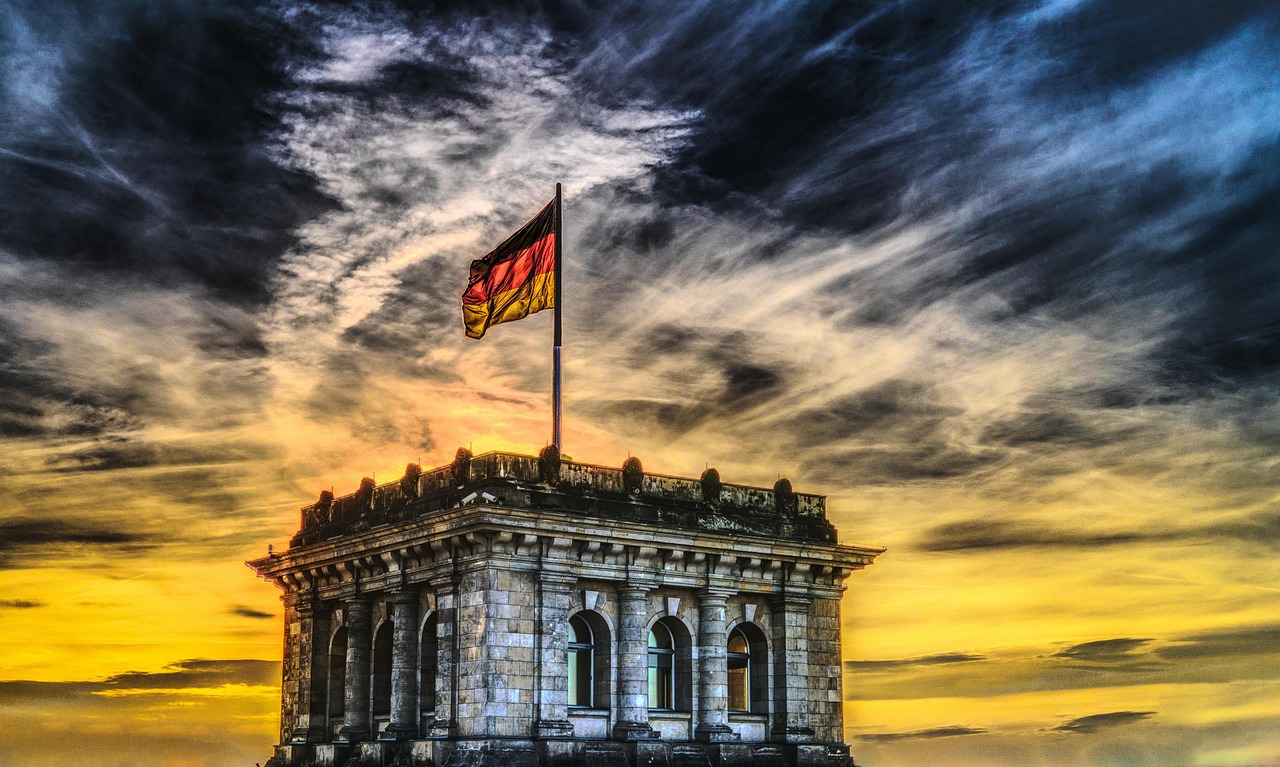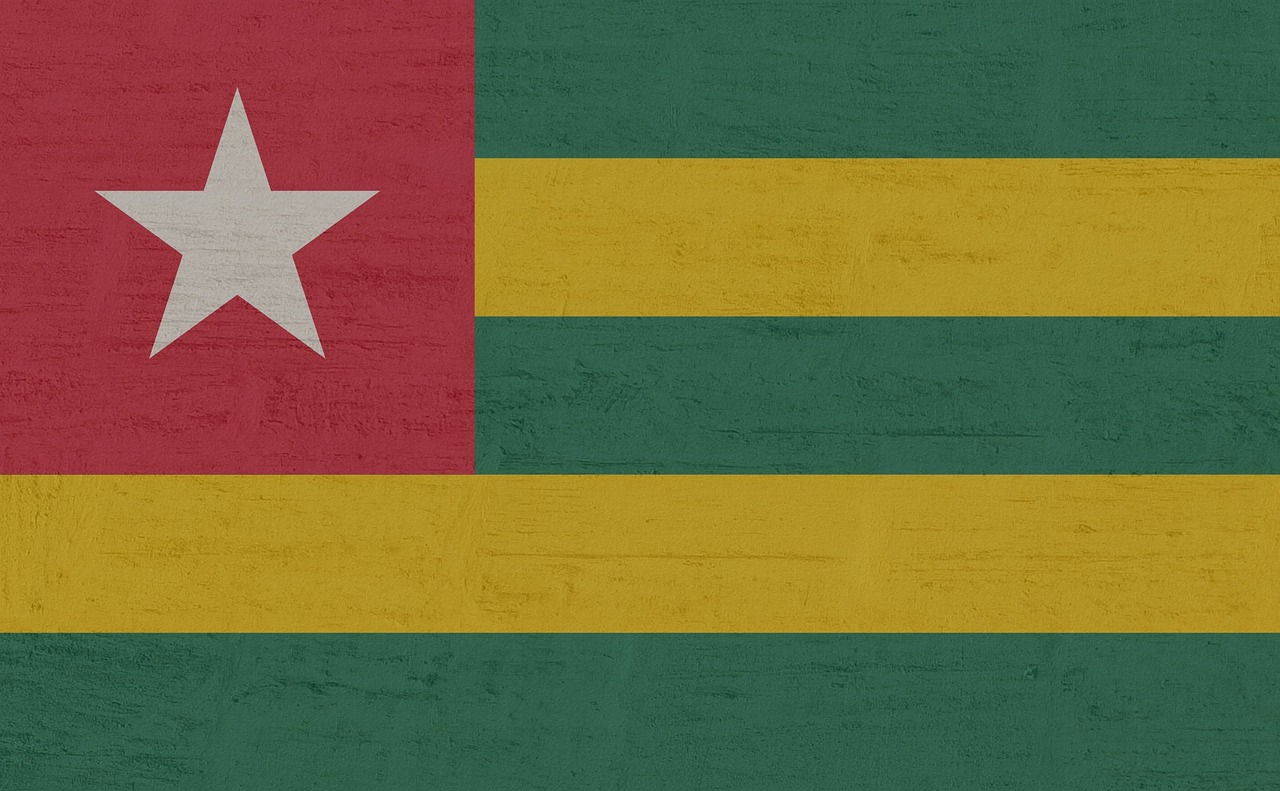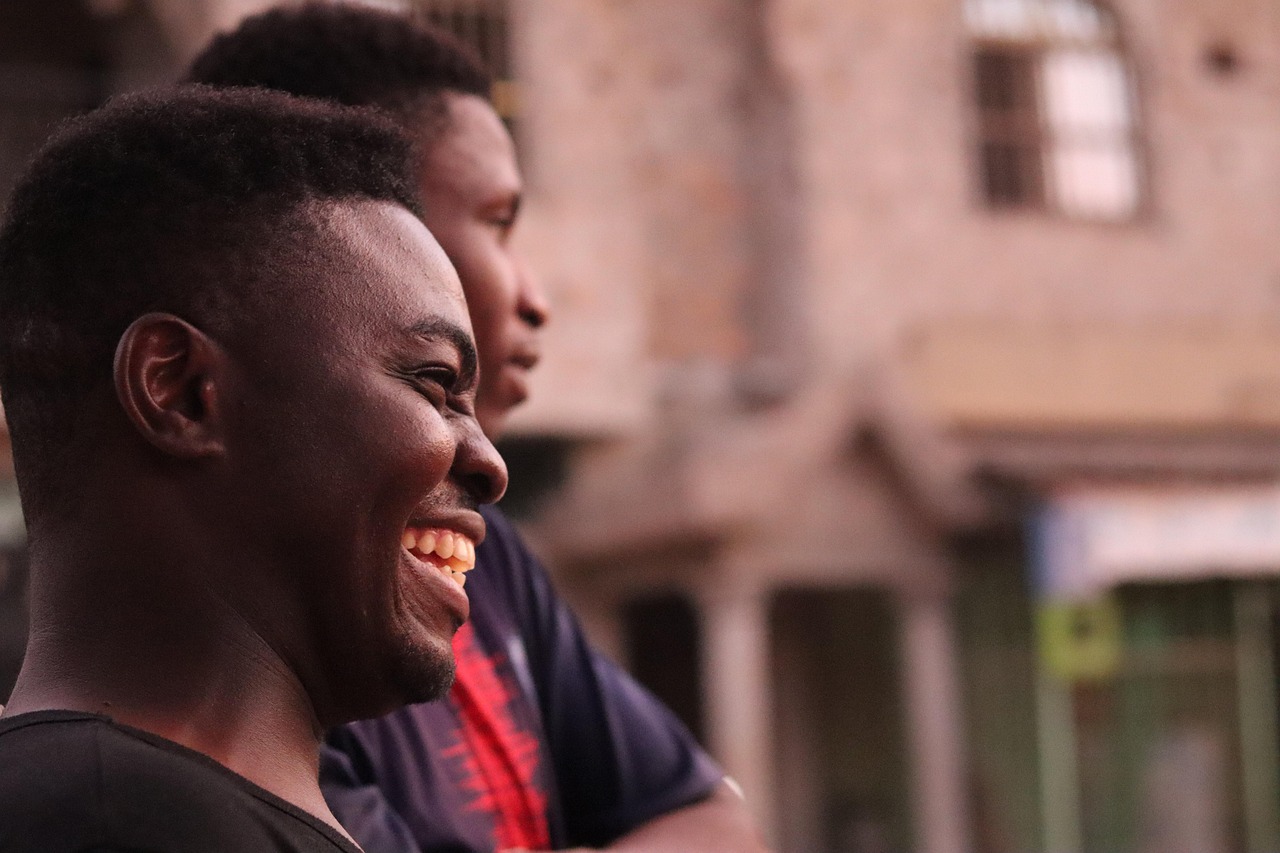
Overview of Togo Protests
Since June 2025, Togo has experienced significant unrest, with protests fueled by widespread calls for the resignation of President Faure Gnassingbé.
The situation has become increasingly dire, resulting in at least 10 fatalities and over 100 arrests among young demonstrators. The protests have drawn attention to the government’s heavy-handed approach to dissent, highlighting the struggles of citizens in a country where political freedoms are severely limited.
Background on Political Climate
Togo, a small West African nation, has been under the rule of the Gnassingbé family for over half a century, leading to widespread frustration among the populace. Faure Gnassingbé has been in power since 2005, following the death of his father, Gnassingbé Eyadéma, who ruled for 38 years. This prolonged dynastic rule has created a demand for political change, with many citizens feeling that their voices are not being heard. The protests are part of a broader movement for democratic reforms, with citizens clamoring for a government that better represents their interests.
Experiences of Protesters
The experiences of those participating in the protests have been harrowing. One notable case is that of Bertin Bandiangou, who was arrested alongside 34 other young activists in Lomé.
He reported brutal treatment at the hands of security forces, including beatings and torture while being filmed by a commanding officer. Such accounts are not isolated; they paint a grim picture of the tactics employed by the government to suppress dissent. The use of excessive force against protesters has raised alarms among human rights organizations.
Impact of Government Response
The government’s response to the protests has been characterized by violence and intimidation. Reports indicate that security forces have used live ammunition against demonstrators, leading to fatalities. According to Amnesty International, the use of force has escalated since the protests began, highlighting a concerning trend in how authorities handle civil unrest. This violent crackdown not only raises ethical questions but also draws international scrutiny, as the actions of the government may violate human rights agreements.

International Reaction to Togo Protests
The international community has been watching the situation in Togo closely. Organizations like the United Nations and the African Union have called for restraint and urged the Togo government to respect the rights of its citizens to protest peacefully. Additionally, various countries have expressed concern over the reported human rights abuses, which could lead to diplomatic repercussions for Togo. The global response underscores the importance of civil liberties and the need for accountability in governance.

Future Outlook for Togo
Looking ahead, the future of Togo remains uncertain. The protests reflect deep-seated frustrations that are unlikely to dissipate without significant political reforms. Many activists are calling for not just the resignation of President Gnassingbé but also systemic changes that would allow for free and fair elections. The situation could evolve further, depending on the government’s willingness to engage in dialogue with opposition groups and address the underlying issues driving the protests.

Question and Answer Session
Q: What triggered the protests in Togo?
A: The protests in Togo were triggered by widespread calls for the resignation of President Faure Gnassingbé, stemming from decades of dynastic rule and perceived government oppression.
Q: How has the government responded to the protests?
A: The government has responded with violence, including the use of live ammunition against protesters, resulting in at least 10 deaths and numerous arrests.
Q: What are the implications of the international community’s response?
A: The international community’s response may lead to increased diplomatic pressure on the Togo government to respect human rights and possibly impact foreign relations and aid.

Encouragement for Readers to Engage
As we follow the developments in Togo, it is essential for the global community to remain informed and engaged. What are your thoughts on the situation?
Do you think international intervention is necessary, or should it be left to the citizens of Togo to determine their own fate?
We encourage you to share your comments and insights on this pressing issue. Your voice matters in discussions about human rights and governance worldwide.


